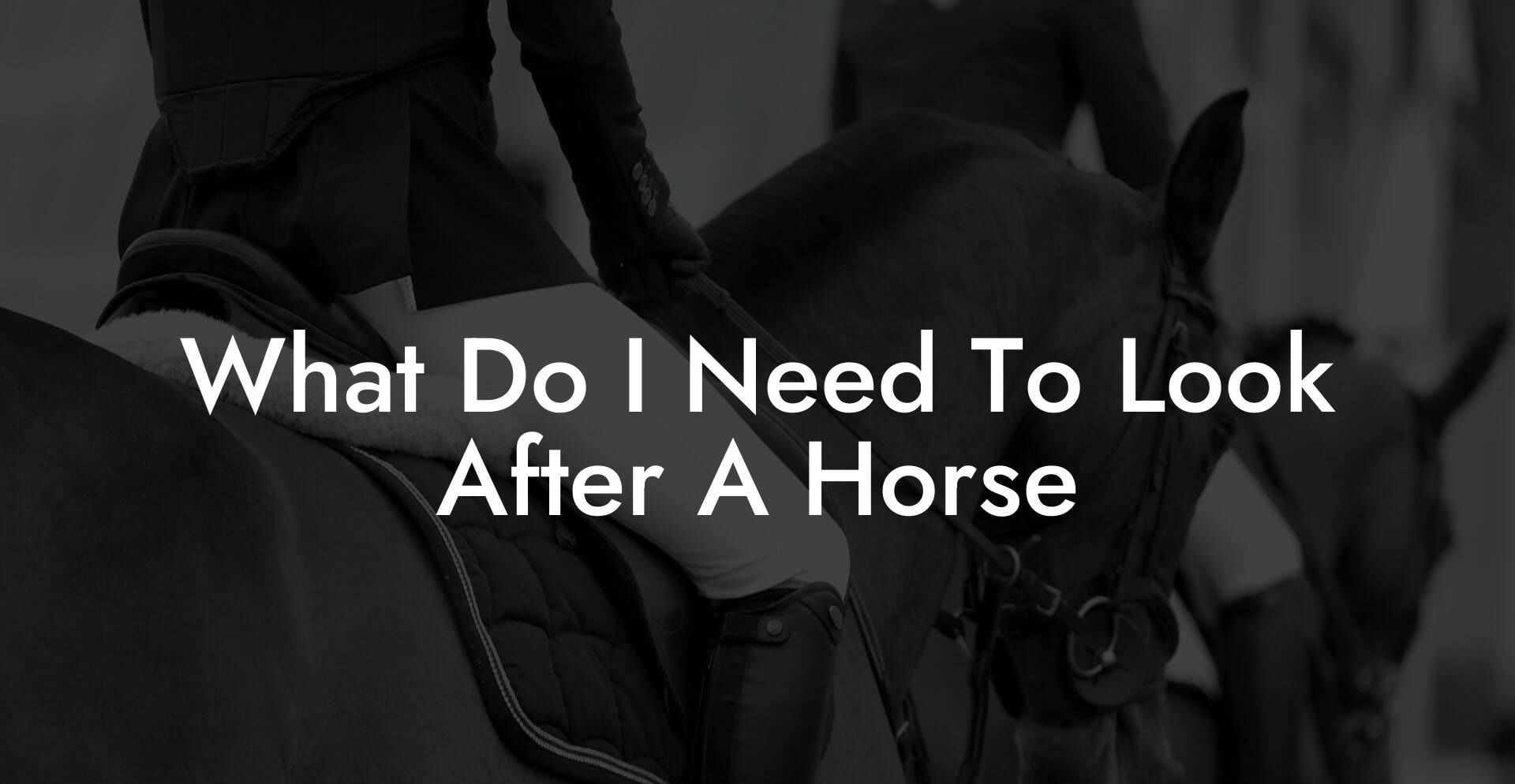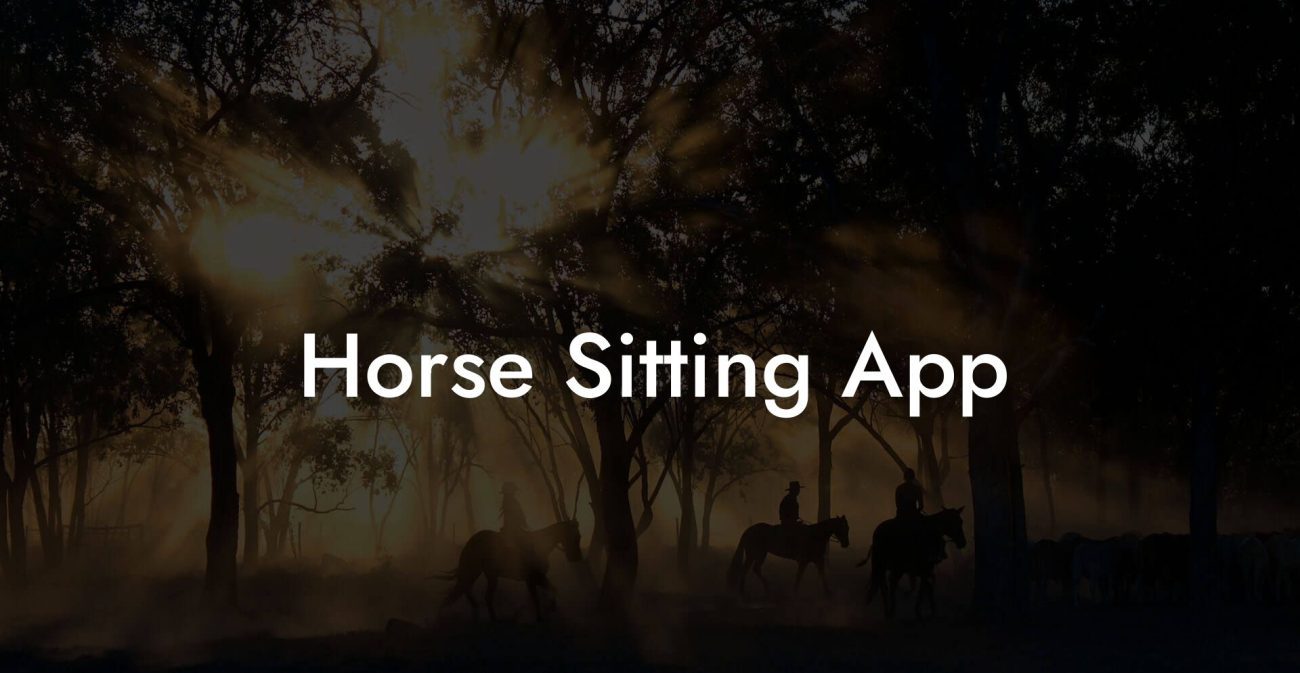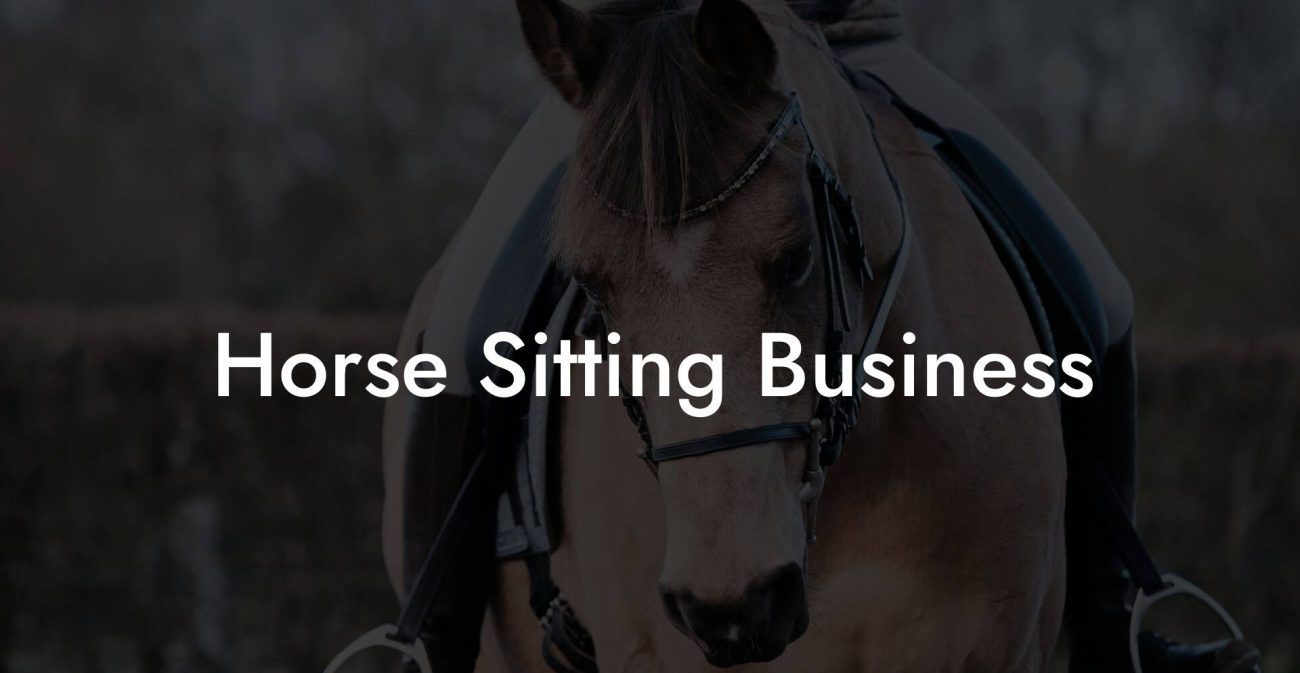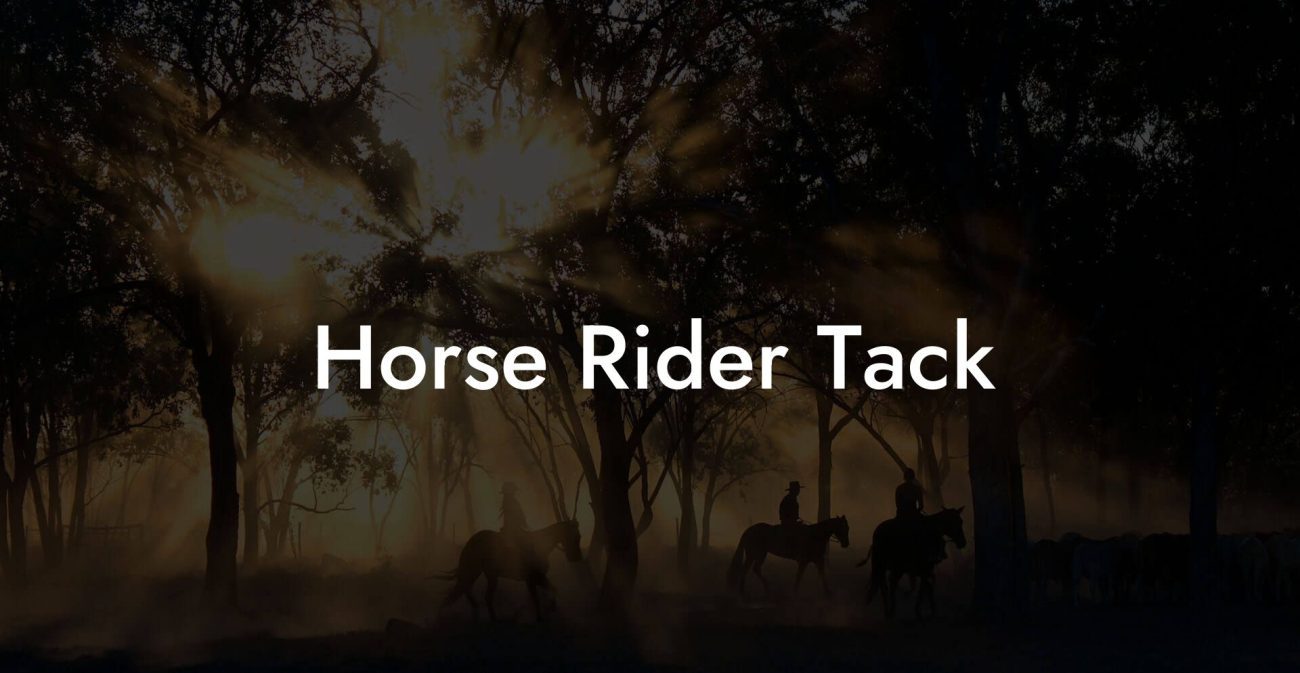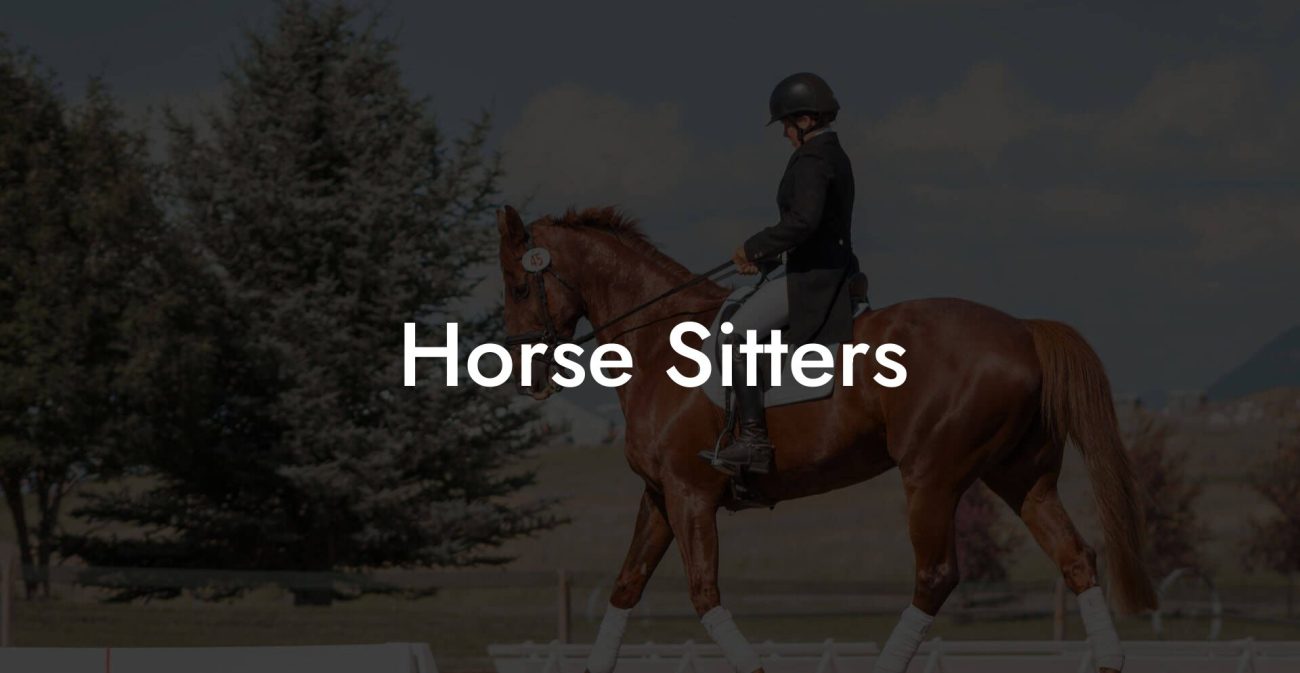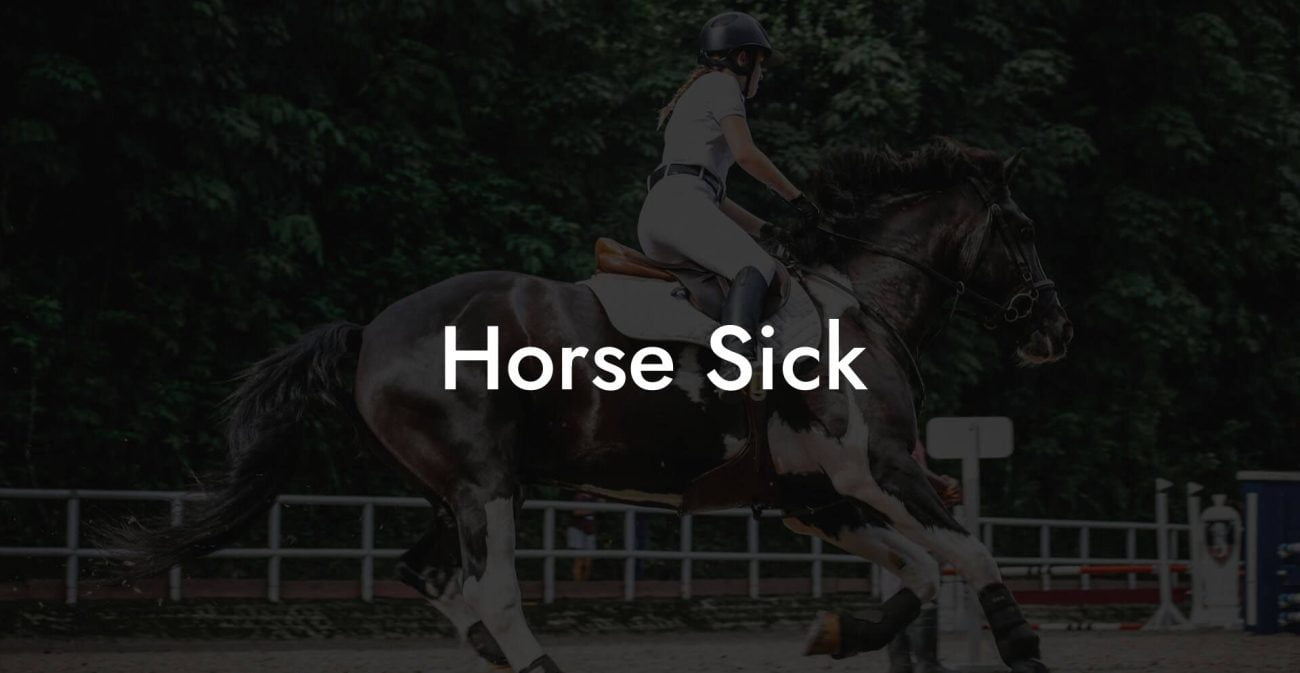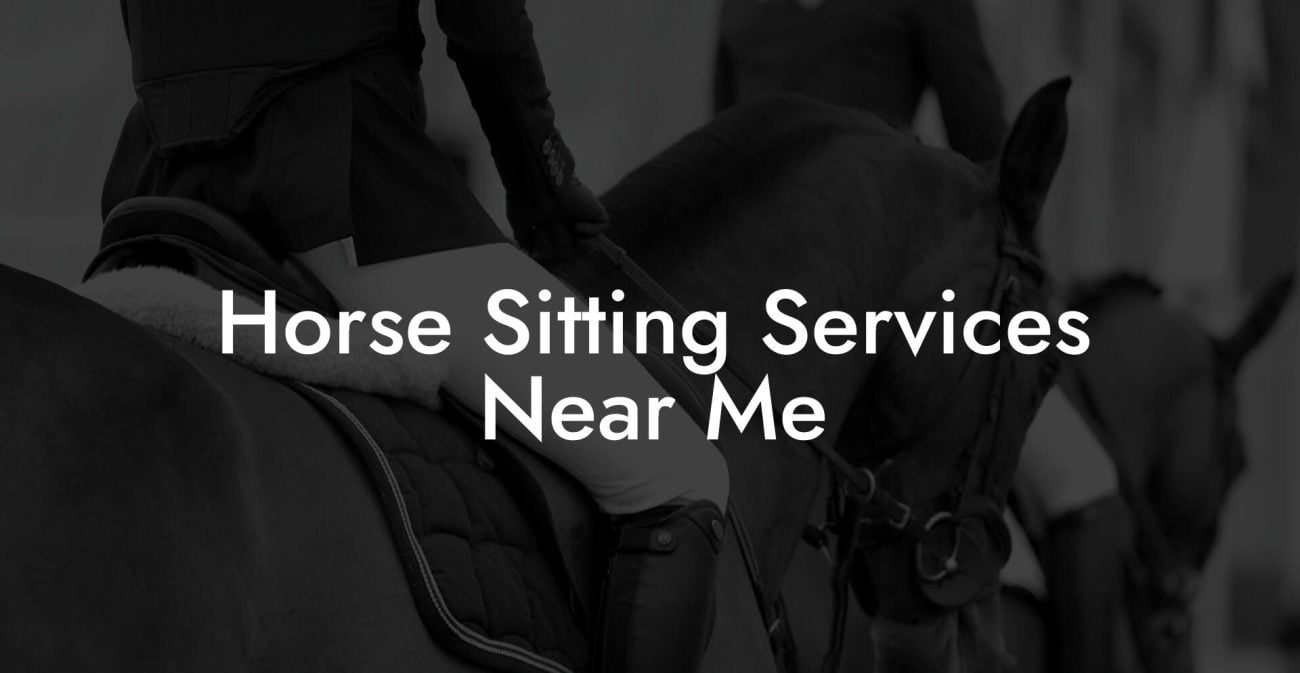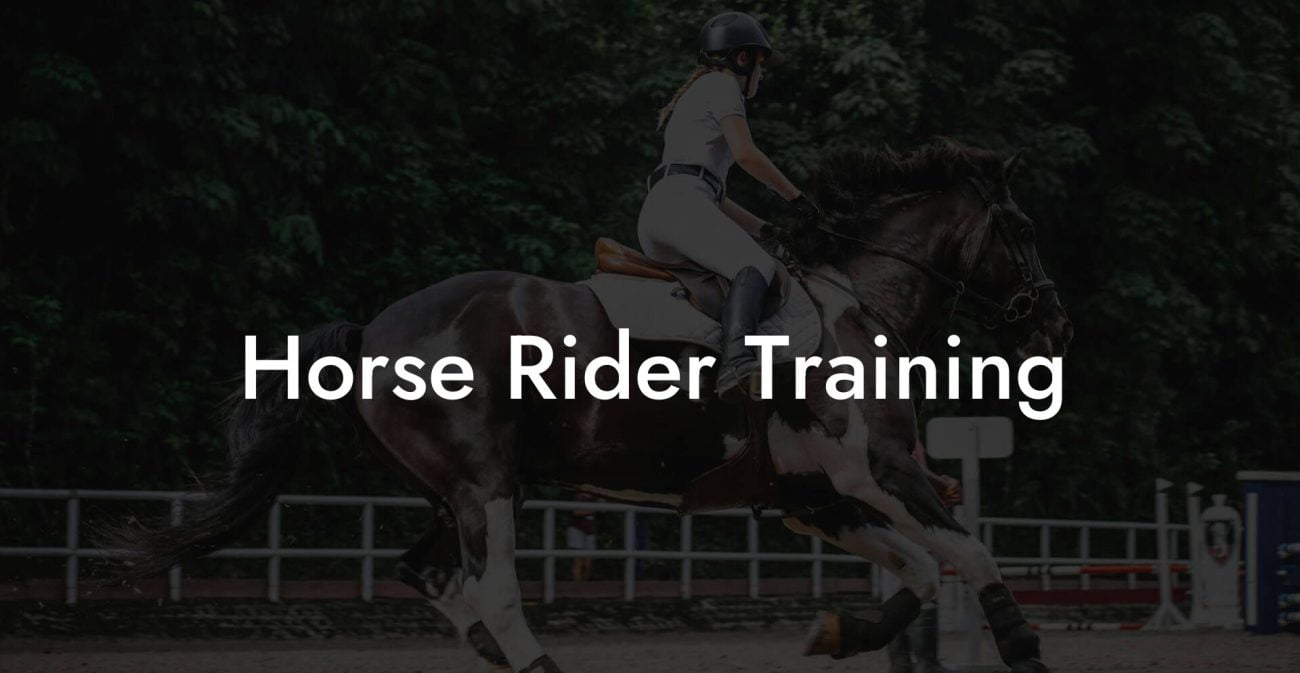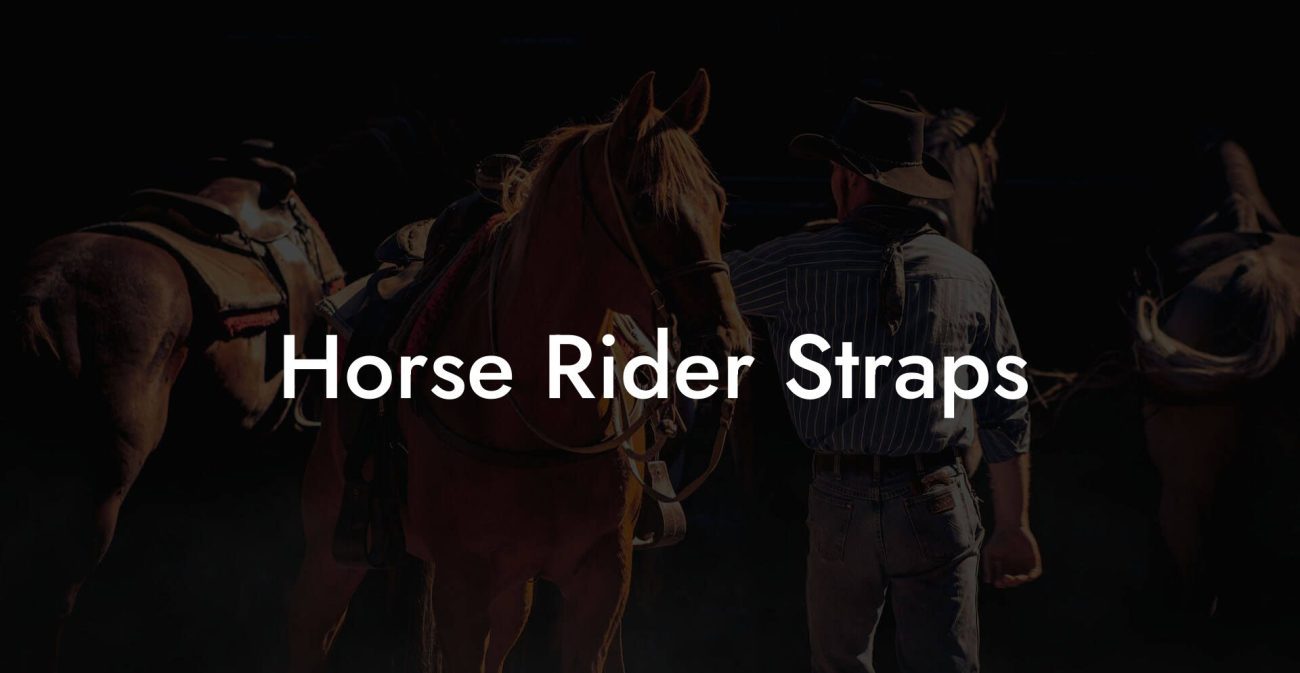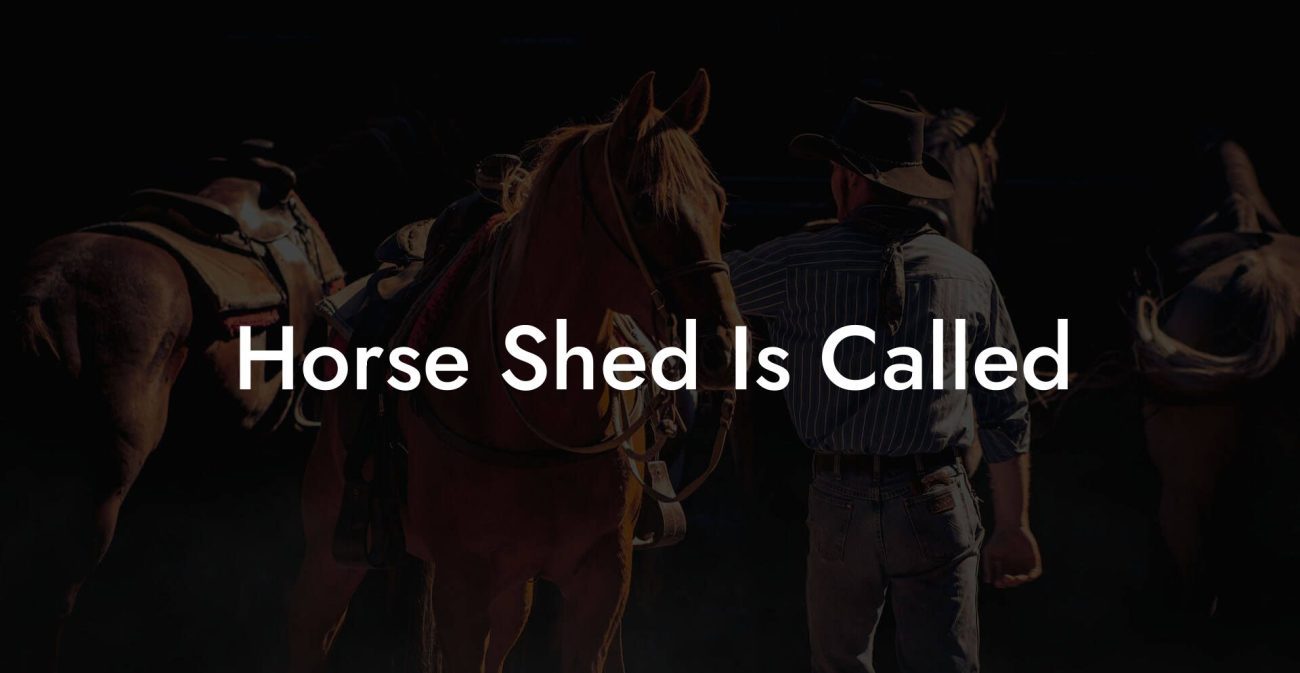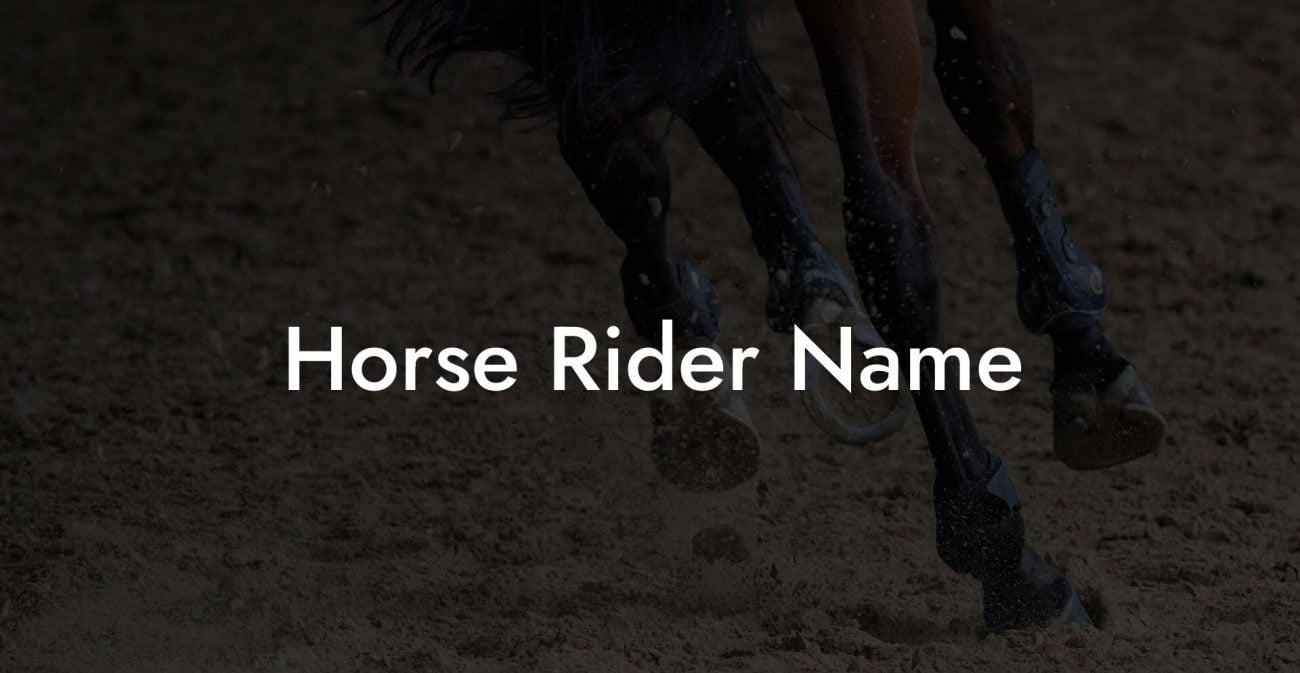Ever wondered what it really takes to care for a majestic horse? Whether you're a first-time horse owner or a seasoned rider looking to level up your horse care game, this guide dives deep into the ins and outs of preparing for and maintaining a horse's well-being. Get ready for a no-nonsense, refreshingly fun exploration into horse nutrition, grooming, stable management, and even the mental pampering your equine friend deserves, all served up with a healthy dose of wit and wisdom for Gen-Z and millennial readers.
Quick Links to Useful Sections
- Getting Started: The Basics of Horse Care
- The Horse’s Home: Creating a Safe and Healthy Environment
- Clean and Comfortable Stables
- Pasture Management
- Feeding Your Equine Friend: Nutrition and Diet Essentials
- Understanding Horse Nutrition
- Special Considerations for Different Life Stages and Workloads
- Beyond the Bridle: Grooming and Personal Care
- Daily Grooming Rituals
- Periodic Maintenance and Long-Term Care
- Staying Active: Exercise, training, and Physical Maintenance
- Crafting a Well-Rounded Exercise Routine
- Preventing and Managing Injuries
- Health and Wellness: Vet Care, Vaccinations, and Disease Prevention
- Regular Veterinary Check-Ups
- Health Monitoring at Home
- Not Just a Horse, But a Partner: Mental and Emotional Health
- Social Interaction and Bonding
- Stress Management Tips
- Training and Social Dynamics: Building a Relationship That Lasts
- Modern Training Approaches
- Socialization and Group Dynamics
- equipment Essentials: Stocking Your Horse Care Toolkit
- Stable and Pasture Equipment
- Grooming and Health Care Gear
- Tackling Challenges: Common Issues and How to Solve Them
- Health-Related Challenges
- Environmental and Management Challenges
- Resources and Community Support: Your Next Steps
- Equine Lifestyle: Creating a Bond Beyond the Basics
- Common Questions on Horse Care
- 1. What are the absolute basics I need to start looking after a horse?
- 2. How important is proper stable management?
- 3. How do I know if my horse is receiving the right nutrition?
- 4. What grooming routines should I follow?
- 5. How can I ensure my horse stays mentally and emotionally balanced?
- 6. How do I choose the right equipment for horse care?
- Your Equine Journey: Embrace the Adventure
Getting Started: The Basics of Horse Care
Before you can start planning those scenic trail rides or Instagram-worthy stable setups, you need a solid foundation in what it truly means to look after a horse. Horses aren’t just big, beautiful animals, they’re social creatures with distinct needs that go far beyond feeding and riding. In this section, we’ll cover the fundamentals of horse care to help you set the stage for a long, healthy relationship with your equine companion.
- Understanding Equine Behavior: Horses are highly social and sensitive creatures. Recognizing their individual temperaments, stress signals, and bonding needs can save you a lot of time and headaches in building trust.
- Space and Shelter: A safe, clean, and secure environment is paramount. Whether you’re setting up your own pasture or managing a stable, key considerations include adequate shelter, ample space to roam, and appropriate fencing.
- Nutritional Demands: Horses are grazers and their diets are as much about quality as quantity. Their delicate digestion requires well-balanced rations of hay, grains, and essential supplements.
- Regular health Monitoring: Routine veterinary care, vaccinations, deworming, and dental checks are all part of the standard horse care regimen.
These basics will be the stepping stones as we journey through more advanced topics like stable management, grooming, and equine health. Let’s saddle up and dig a little deeper!
The Horse’s Home: Creating a Safe and Healthy Environment
If you think of your horse’s home as more than just a barn or pasture, you’re already on the right track. Your horse needs a space that promotes physical health as well as mental well-being. This section breaks down the components of designing an environment that keeps your equine friend happy and thriving.
Clean and Comfortable Stables
Cleanliness is next to horse-liness! Keeping stables or barns spotless is critical for preventing disease, minimizing respiratory issues, and reducing the risk of injuries. Regular mucking out, disinfecting, and proper waste management are essential tasks. Here are some tips to ensure your stable stays in tip-top shape:
- Ventilation: Good air circulation is crucial to avoid mold and reduce ammonia build-up from manure.
- Bedding: Choose the right bedding material, straw, shavings, or even sand can help absorb moisture and reduce bacterial growth.
- Design: Keep entryways, exits, and corridors wide enough to prevent accidental injuries, and install non-slip flooring wherever possible.
Pasture Management
Your horse’s natural instinct is to graze in a sprawling, sun-drenched pasture. But to keep them healthy and happy outside of the stable, the pasture needs a bit of TLC too:
- Fencing: Ensure fences are secure and safe; wooden or electric fences are popular choices.
- Rotational Grazing: Rotate grazing areas to prevent overgrazing and maintain soil health.
- Shade and Water: Natural shade from trees or man-made shelters and constant access to fresh water are non-negotiables.
By investing time and effort into your horse’s environment, you're not only ensuring their physical well-being but also creating an atmosphere where they can thrive emotionally.
Feeding Your Equine Friend: Nutrition and Diet Essentials
Think of horse feeding as the ultimate recipe for success, balanced, varied, and tailored to your horse’s needs. No two horses are alike, and neither are their diets. In this section, we’ll dive into the specifics of equine nutrition so you can serve up the perfect banquet for your four-legged friend.
Understanding Horse Nutrition
Horses are grazers by nature, meaning they’re designed to have small, frequent meals throughout the day. Here’s what to consider when planning your horse’s diet:
- Forage First: The bulk of your horse’s diet should consist of high-quality hay or pasture grass. Foraging stimulates natural behaviors and supports gut health.
- Concentrates and Grains: Depending on your horse’s workload and energy requirements, you may add grains or commercial horse feed. The key is balance: too many concentrates can lead to digestive issues.
- Supplements: Vitamins, minerals, and other supplements like omega-3 fatty acids can support joint health, coat shine, and overall vitality. Always consult a vet or equine nutritionist to tailor these to your horse’s specific needs.
- Water: Fresh, clean water must be available at all times. Hydration is critical for digestion, circulation, and temperature regulation.
Special Considerations for Different Life Stages and Workloads
The nutritional requirements of a young foal differ greatly from those of an aging horse or a high-performance athlete. Here are some quick pointers:
- Foals and Young Horses: They need diets that support rapid growth, including a mix of high-quality hay and specialized feeds rich in essential proteins and vitamins.
- Performance Horses: Working horses need more energy-dense diets. Frequent monitoring is necessary to adjust energy intake without risking weight gain or digestive disturbances.
- Seniors: Older horses might require feeds that are easier to digest, along with joint supplements and additional support to ward off age-related issues.
Feeding is both an art and a science. With careful planning and regular assessments, you can ensure your horse maintains optimal health through every stage of life.
Beyond the Bridle: Grooming and Personal Care
Grooming is one of the most rewarding aspects of horse care, an opportunity to bond with your equine companion while keeping their coat, hooves, and skin in prime condition. Let’s break down the essentials of a stellar grooming routine.
Daily Grooming Rituals
A consistent grooming routine can do wonders for your horse’s physical and emotional health. Here’s a guide to daily grooming tasks:
- Brushing: Use a soft brush to remove dust and dirt, then finish with a stiffer brush for the mane and tail. Regular brushing also helps to distribute natural oils across the coat, enhancing shine and protecting the skin.
- Hoof Cleaning: Clean your horse’s hooves daily with a hoof pick to remove debris, mud, and stones that could cause infections or injuries.
- Check for Injuries: While grooming, inspect for cuts, bruises, or any signs of irritation that might need attention from a vet.
Periodic Maintenance and Long-Term Care
Beyond daily care, periodic grooming and medical check-ups play a vital role in long-term health:
- Hoof Trimming: Scheduled hoof care every 6-8 weeks is essential to prevent lameness and maintain proper hoof growth.
- Dental Check-Ups: Overgrown teeth can cause eating difficulties and discomfort, so regular dental checks (usually annually) are highly recommended.
- Bathing: While horses typically do not need frequent baths, a good wash now and then can help remove stubborn dirt and soothe irritated skin, especially during hot weather.
Grooming isn’t just about aesthetics, it’s a critical component of your horse’s overall health regime that reinforces the bond between you and your animal.
Staying Active: Exercise, training, and Physical Maintenance
Like any athlete, your horse benefits from regular exercise and proper training to maintain balance, flexibility, and muscle tone. In this section, we’ll explore how you can design a safe and engaging exercise routine that stimulates both the body and mind.
Crafting a Well-Rounded Exercise Routine
Imagine combining the benefits of a tailor-made gym session with the excitement of an outdoor adventure, that’s what exercise should be like for your horse:
- Warm-Up and Cool-Down: Similar to human workouts, proper warm-up and cool-down periods are crucial. Start with gentle walks to loosen up muscles before jumping into higher-intensity work, and finish with a few minutes of slow walking to help prevent injuries.
- Structured Riding Sessions: Whether you're training for dressage, jumping, or trail riding, each activity has distinct benefits. Incorporate varied exercises to enhance balance, coordination, and strength.
- Groundwork: Engage in groundwork exercises like leading, lunging, or liberty training. Not only do these practices build trust, but they also provide mental stimulation and behavioral conditioning.
- Variety is the Spice of Life: Mix up your routines with trail rides, arena work, or even games that stimulate problem-solving skills in your horse.
Preventing and Managing Injuries
Prevention is always better than cure. Include these practices to safeguard your horse’s physical integrity:
- Regular Stretching: Just like humans, horses benefit from dynamic stretching to maintain flexibility and reduce the risk of muscle strains.
- Monitoring Workload: Avoid overworking your horse by adjusting routines during extreme weather or periods of fatigue. Listen to the subtle signals your horse gives you!
- Cool-Down Routines: End every session with gentle walks and sometimes even massages to help prevent sore muscles.
Through consistent and thought-out exercise routines, you’ll not only keep your horse fit but also foster a deeper connection built on mutual trust and enthusiasm.
Health and Wellness: Vet Care, Vaccinations, and Disease Prevention
Just like your own health check-ups, your horse’s well-being relies on consistent veterinary care. From vaccinations to dental appointments and disease prevention, a proactive approach is essential to keeping your horse in the best shape possible.
Regular Veterinary Check-Ups
Establish a routine schedule with your veterinarian to ensure that any potential issues are caught early:
- Vaccinations: Keep your horse’s vaccinations up-to-date to prevent common diseases. Your vet will recommend a schedule tailored to your region and your horse’s lifestyle.
- Deworming: A strategic deworming program is crucial for preventing intestinal parasites that could lead to major health issues.
- Dental Care: Annual dental examinations help prevent painful and potentially dangerous dental problems that affect a horse’s ability to chew properly.
Health Monitoring at Home
Beyond professional care, you’re the first line of defense when it comes to spotting health issues early:
- Daily Observations: Keep an eye out for changes in behavior, eating habits, and movement patterns. Small shifts could be signals of underlying problems.
- Body Condition Scoring: Regularly assess your horse’s body condition to ensure they maintain a healthy weight and muscle tone.
- Hoof and Coat Health: Monitoring the condition of hooves and coat can provide additional clues about your horse’s overall health. Lameness or a dull coat could indicate nutritional deficiencies or health issues.
Ensuring that your horse receives continuous care and monitoring is the cornerstone of long-term equine wellness. Stay proactive, and you'll keep your trusted companion in prime health.
Not Just a Horse, But a Partner: Mental and Emotional Health
Horses are emotional beings with rich inner lives, and their mental health is as important as their physical well-being. Cultivating a positive environment for your horse means nurturing their emotional and psychological needs.
Social Interaction and Bonding
Interactions are not just limited to you, the presence of other horses can be incredibly beneficial. Here are some ways to foster mental well-being:
- Stable Mates: Horses are herd animals. Ensuring that they have adequate social interaction with other horses can diminish stress and behavioral issues.
- Positive Reinforcement: Training sessions and routine care can be opportunities for positive interactions. Reward good behavior with praise, treats, or extra grooming time.
- Quality Time: Spend time with your horse outside of work. Whether through a leisurely ride or simple hand-grazing sessions, bonding enhances trust and reduces anxiety.
Stress Management Tips
Much like us, horses can become stressed by inconsistent routines, loud environments, or overly busy stables. A few tips to keep stress in check include:
- Create a Routine: Horses thrive on consistency. A predictable daily schedule helps to reduce uncertainty and build a sense of security.
- Quiet Time: Ensure your horse has time to relax in a quiet position away from sudden noises or disturbances.
- Observational Care: Be attentive to signs of stress such as changes in ear position, tail swishing, or restlessness, and adjust their routine accordingly.
By cultivating an environment that addresses the mental and emotional needs of your horse, you’re investing in a more harmonious and long-lasting connection.
Training and Social Dynamics: Building a Relationship That Lasts
Effective training isn’t about dominance or strict rules, it’s about building a relationship based on mutual respect and understanding. Here, we'll break down some modern, engaging techniques that help foster both discipline and trust in your horse.
Modern Training Approaches
Gone are the days when training meant just following a rigid regimen. Today’s techniques are fluid, patient, and sensitive to your horse’s individual personality:
- Positive Reinforcement: Reward-based training using treats, praise, and gentle encouragement has proven far more effective than punitive measures. Your horse learns to associate pleasant experiences with good behavior.
- Consistent Commands: Establishing a clear and consistent vocabulary, whether with voice commands or body language, helps your horse understand what’s expected and reduces anxiety.
- Short, Engaging Sessions: Horses often have shorter attention spans than we’d like. Brief, varied training sessions keep them mentally stimulated and focused on the task at hand.
Socialization and Group Dynamics
While one-on-one training is important, understanding group dynamics is equally essential if your horse is part of a herd:
- Observing Behavior: Watch for social cues among herd members; these interactions can often provide insights into your horse’s behavior and identify potential stressors.
- Shared Activities: Organize group activities, be it low-impact trail rides or communal grazing sessions, to nurture a sense of belonging and mutual support.
- Conflict Resolution: Be prepared to step in if you notice overly dominant behaviors or bullying. Sometimes, intervention is necessary to maintain harmony within the group.
Training and social interaction work hand in hand to ensure that your horse feels safe, valued, and willing to take on new challenges alongside you.
equipment Essentials: Stocking Your Horse Care Toolkit
A well-prepared horse care arsenal includes more than just the basics like a bridle and saddle. In this section, we’ll walk you through the must-have equipment and tools that every horse owner should invest in to ensure optimum care and management.
Stable and Pasture Equipment
- Feeding and Watering Tools: Automatic waterers, hay nets, and feed buckets designed to be durable and easy to clean help streamline daily feeding routines.
- Fencing Supplies: Invest in quality fencing materials that are safe for horses, whether you choose wooden, electric, or a combination of both.
- Stable Accessories: Items such as muck buckets, wheelbarrows for cleaning, and proper storage for bedding can make managing the stable much more efficient.
Grooming and Health Care Gear
- Grooming Kits: High-quality brushes, hoof picks, combs, and mane and tail detanglers are essential to maintain your horse’s coat and skin health.
- First-Aid Supplies: A well-stocked equine first-aid kit including wound cleansers, bandages, and cooling gels should be within reach at all times.
- Monitoring Technology: From digital thermometers to modern biofeedback systems, technology can provide valuable insights into your horse’s health, helping you stay ahead of any issues.
This toolkit not only enhances the quality of care you provide but also makes daily tasks more efficient and enjoyable. Investing in the right equipment is an investment in your horse’s long-term health.
Tackling Challenges: Common Issues and How to Solve Them
Even the best-prepared horse owners encounter challenges. From unexpected health issues to environmental concerns, knowing how to troubleshoot problems can be the difference between a minor setback and a major crisis. Let’s explore some of the common hurdles in horse care, and how to overcome them.
Health-Related Challenges
Managing your horse’s health is an ongoing process. Here are a few typical issues and practical solutions:
- Colic and Digestive Problems: Sudden digestive upset can be life-threatening. A balanced diet, slow introduction of new feeds, and stress management are key preventive measures.
- Hoof Disorders: Laminitis, thrush, and other hoof issues require prompt attention. Regular cleaning, proper trimming, and, when necessary, consult with a farrier can help mitigate these risks.
- Respiratory Infections: Clean air, good ventilation in stables, and avoiding exposure to mold or dust are essential to stave off respiratory problems.
Environmental and Management Challenges
Your surroundings can also pose risks. Consider these practical tips for common management problems:
- Extreme Weather Conditions: Ensure your horse has access to proper shelter on hot and cold days. In addition, modify feeding and exercise routines to accommodate weather changes.
- Pest Infestations: Flies, rodents, and other pests can disrupt your horse’s comfort. Regular cleaning, proper storage of feed, and pest control measures can help keep these unwelcome guests at bay.
- Inconsistent Routine: Horses thrive on consistency. Structure a daily schedule for feeding, exercise, and grooming, and stick to it as closely as possible to reduce stress and behavioral issues.
Armed with this knowledge, you’re better equipped to address common challenges head-on. Tackling these issues early with the right strategies can mean the difference between detrimental complications and smooth sailing.
Resources and Community Support: Your Next Steps
Looking after a horse is as much about community and shared resources as it is about hands-on work. In today's digital age, you have unparalleled access to expertise, support groups, and online communities that can help you refine your horse care skills and navigate challenges. Whether it’s interactive webinars with equine experts, local riding clubs, or social media groups where horse lovers swap tips and advice, these resources can be invaluable.
Here are some recommended ways to deepen your knowledge and connect with fellow horse enthusiasts:
- Online Forums and Social Media: Platforms like Facebook, Reddit, and dedicated equine websites offer vibrant communities where you can ask questions, share experiences, and learn from seasoned horse owners.
- Workshops and Webinars: Many equine professionals and organizations offer online courses or local workshops on various aspects of horse care, from nutrition to first aid and beyond.
- Local Equestrian Clubs: Joining a local riding club or stable community not only provides in-person support but also opportunities to network, exchange valuable contacts, and even participate in group events or rides.
- Books and Publications: For those who enjoy reading offline, there’s a treasure trove of literature on equine health, training, and management that can offer both time-tested advice and innovative techniques.
Taking advantage of these resources can accelerate your learning curve and ensure that you’re never alone on your journey of equine care. Engagement, continual learning, and community support are key ingredients in creating a thriving, supportive environment for both you and your horse.
Equine Lifestyle: Creating a Bond Beyond the Basics
Looking after a horse is a lifestyle choice, a blend of responsibility, passion, and an ever-evolving journey of discovery. It’s about celebrating the little wins, whether that’s a perfectly groomed coat, a well-organized stable, or that moment when your horse trusts you enough to take on a new challenge. By integrating all aspects of care into your daily routine, from feeding and grooming to exercise and social interaction, you achieve a holistic approach to equine well-being.
This lifestyle is as rewarding for you as it is beneficial for your horse. It fosters patience, nurtures deep connections, and offers a balanced blend of physical activity and mental relaxation. Rather than just being a caretaker, you become a partner in an ongoing adventure, constantly learning and evolving alongside your spirited companion.
Common Questions on Horse Care
Below are some frequently asked questions that delve into key aspects of horse care. Whether you’re wondering about dietary specifics or stable management, these FAQs are here to provide quick, accessible insights.
1. What are the absolute basics I need to start looking after a horse?
You’ll need proper shelter (stable or barn), a safe and secure pasture, a balanced diet primarily consisting of forage, regular access to clean water, and a commitment to routine veterinary care and grooming.
2. How important is proper stable management?
Extremely important! A clean and well-maintained stable prevents disease, reduces injuries, and is essential for the overall health and well-being of your horse.
3. How do I know if my horse is receiving the right nutrition?
Consult with a veterinarian or equine nutritionist to tailor a diet specific to your horse’s age, workload, and health needs. Monitor their weight, coat condition, and energy levels for signs of adequacy.
4. What grooming routines should I follow?
Daily brushing, hoof cleaning, and regular checking for injuries and skin issues are critical. Periodic tasks include hoof trimming and dental checks to maintain long-term health.
5. How can I ensure my horse stays mentally and emotionally balanced?
Provide opportunities for social interaction, stick to a consistent routine, and include plenty of quality time and bonding activities. A relaxed and stimulated horse is a happy horse.
6. How do I choose the right equipment for horse care?
Select durable, safe, and purpose-built tools, from feeding equipment to grooming kits, based on quality, ease of maintenance, and recommendations from fellow horse owners or professionals.
Your Equine Journey: Embrace the Adventure
Now that you’re equipped with everything you need to know about looking after a horse, it’s time to embrace the adventure with confidence! Remember, caring for a horse is a rewarding journey that goes far beyond routine tasks, it’s about building a meaningful partnership based on trust, understanding, and shared experiences.
The road to becoming a stellar horse caretaker is filled with continual learning and countless heartwarming moments. From the quiet beauty of a morning grooming session to the thrill of a brisk, wind-in-your-face gallop through the fields, every moment counts.
So go ahead, dive into the world of horse care with passion, creativity, and a willingness to learn. With dedication, and by leveraging the resources, communities, and expert advice available, you’re all set to provide the best life possible for your equine friend. Every brush stroke, every measured bite of nutritious feed, and every kind word just cements a bond built to last a lifetime.
Celebrate your progress each day, stay curious, and remember: every challenge is an opportunity, and every opportunity is an open door to a healthier, happier future for you and your horse.

